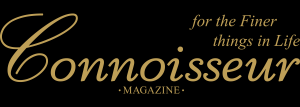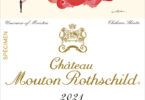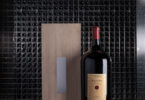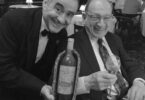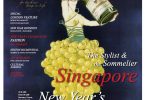
You may also like
Can Wine Help – Happy Easter to...
4 weeks ago
The First Tranche of Wines from the Legendary Cellar...
4 months ago
The label for Château Mouton Rothschild 2021...
5 months ago
by Staff Writer
Sotheby’s and Masseto to offer the very first bottles...
1 year ago
by Staff Writer
Christie’s Presents The Two Continents...
1 year ago
Connoisseur magazine needs your support -Please Donate
1 year ago
